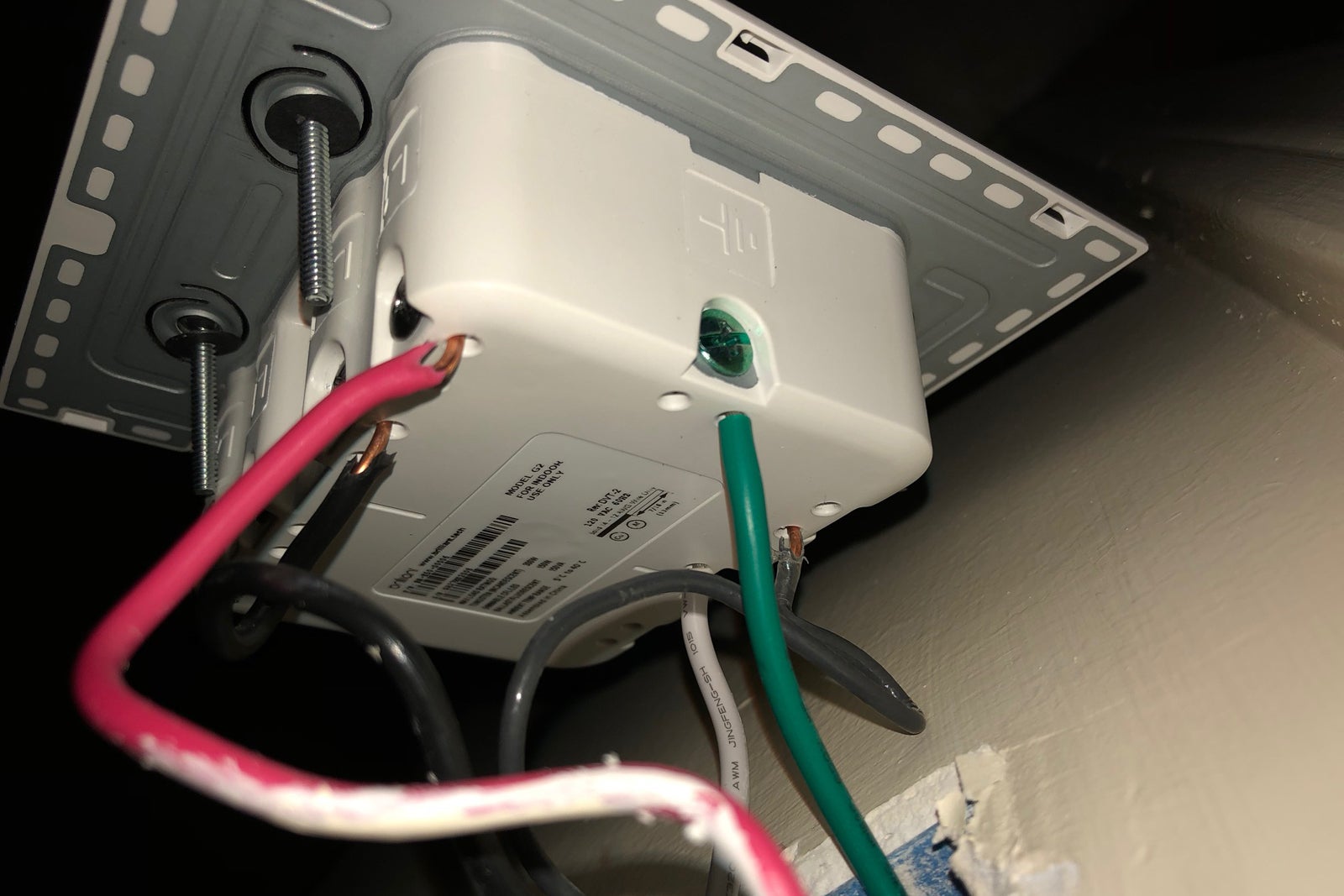

Each side takes turns attacking and defending, and the combat is handled with a deck of battle cards. When any region contains many cubes of both colours, there’s a battle, and battles in Polis are pretty cool. PrestigeĪs Polis is a war game of sorts, you’d expect to battle with your opponent, and you’d be right to expect it. Touches like this lend a little bit of something to think about, to a game which has a fixed, rigid setup. A couple of the Poleis are in neutral territory, and the only way to control and demand tribute is by using your Proxenoi. It makes for a really handy cut-through, and controlling it feels like a really powerful position.

It sits in the middle of the map, but uniquely has access to the seas on the East and West. One of the things I really like about Polis is how some of the areas behave differently to others. The upshot is the Polis falls under your control, and means you can demand tribune in the future, to collect resources. Bribe opponents with silver along the way, then throw more money at the population of the city, and you can incite a civil war. There is another, sneakier way to claim a Polis, and that’s by sending your Proxenos along. There’s nothing complicated when it comes to sieges, it’s just a case of rolling a D4 and hoping the result is at most the number of cubes you’ve got there. The screenprinted proxenoio next to the cube Hoplites and Polis control discsįlood a province with enough Hoplites and you can lay siege to any Polis. Athens with its naval presence, and Sparta with its growing army of Hoplites. It tells the story of the struggle between Athens and Sparta over the course of nearly 80 years. Lots of pushing wooden cubes, resource tracks, and trading – it’s a bit of a Euro-war hybrid. In fact, it looks and feels more like a Euro game. It’s a war game, but not one with a ton of cardboard chits, or worrying about attack and defence values. ‘Polis’ means city in greek, and there are lots of these poleis on the map of Greece where the game takes place. The boards and cards are gorgeous Poleis station That said, let’s head to 5th Century Greece. I never played the original, so I’m coming at this from the perspective of a newcomer, and won’t be making direct comparisons to the original. This new version streamlines things, reducing the number of rounds from four to three, updates the art, and adds some balance. The original – Polis: Fight for the Hegemony – garnered a lot of fans and praise when it was released in 2012. Polis, from Devir and designer Fran Diaz, is actually a second edition.


 0 kommentar(er)
0 kommentar(er)
